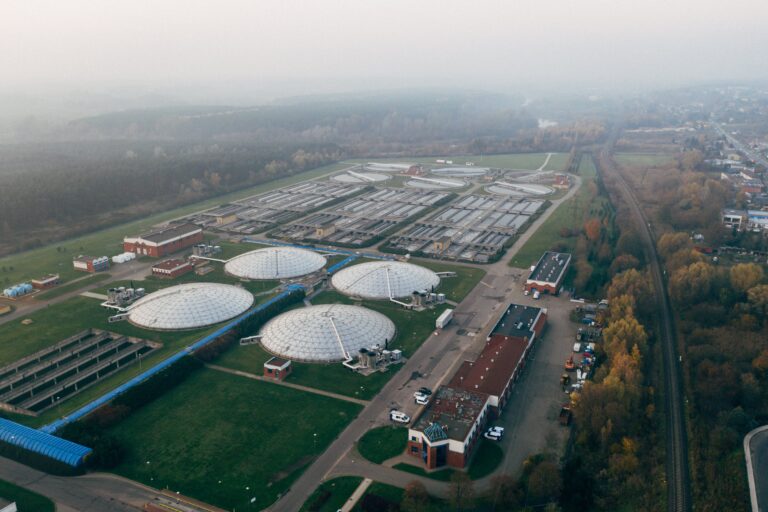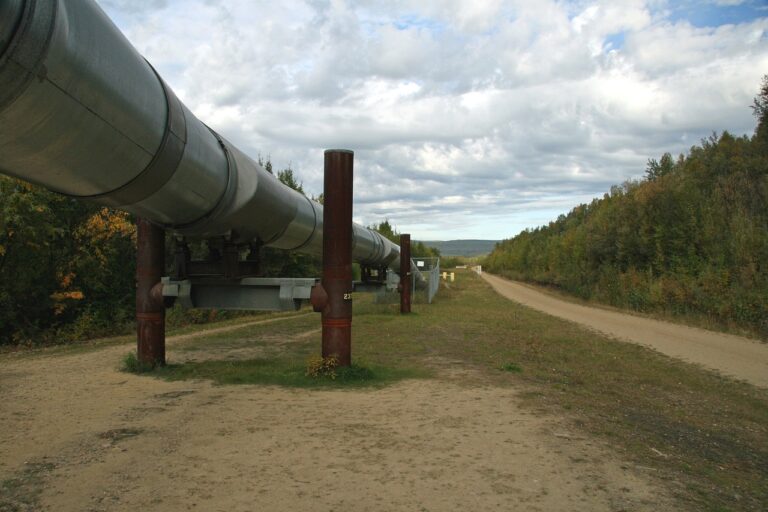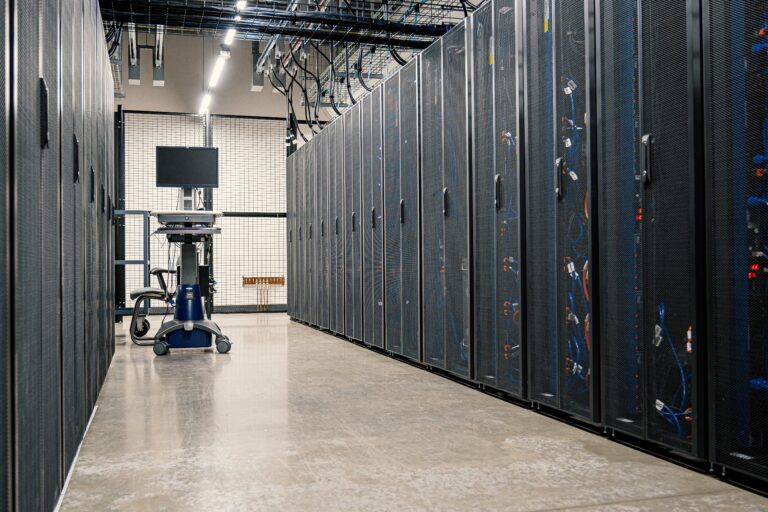Consulting
To support your efforts around self-supply, sustainability, and resiliency of power supply, we guide you through the complexities of provider offerings and facilitate an apples-to-apples assessment.
Additionally, we support you in scoping your proper solution and in negotiating contracts for these services, whether for engineering, procurement and construction or more complex energy-as-a-service agreements.
Distributed Energy Systems Financing Support
We can help with the various means and sources of financing for distributed energy systems. These include government grants and incentives, Public-Private Partnerships (PPPs), utility investment programs, private equity, commercial banks, community development funding and industrial revenue bonds depending on project size, scope and local considerations.
We can help clients navigate the complexities of Energy Services Agreements (ESAs), Power Purchase Agreements (PPAs) and Energy Performance Contracts (EPCs) that are offered directly by project developers.
Property Assessed Clean Energy (PACE) project financing enables property owners to finance renewable energy projects, including distributed energy systems and microgrids, through assessments on their property tax bills. PACE financing provides long-term, fixed-rate funding, making it an attractive option for microgrid development by spreading the costs over time
The Inflation Reduction Act of 2022 provides generous investment tax credits to support distributed energy system investments.
Energy Procurement
We offer both strategic planning for energy supply and customized energy procurement in support of distributed energy systems investment. Many electric providers have prohibitions on behind-the-meter generation in their supply agreements.
We have experience in negotiating favorable terms in these competitive electricity supply agreements to not only allow for self-supply but also the sharing of value that is created by avoided grid supply and the export to the grid of the generation owned by our clients and subscribers.
The various states and in some cases the independent system operators, or ISOs, have different rules when it comes to the ability of end users to participate in the energy markets. FERC 2222 seeks to create a marketplace for end-users or “load” to participate in energy markets, but this is currently really only an objective and there is no specific framework stipulated for each utility to adhere to.
Distributed Energy Clearinghouse® drives transparency and understanding around these rules and processes to realize value.
Industries We Serve
Distributed Energy Clearinghouse® supports large energy consumers in the commercial, industrial, and institutional sectors in the United States.
We also offer our products and services to energy brokers to support their clients through a channel partner arrangement – with our dashboards and reports white-labeled to reflect a broker’s own brand identity and logo.






Energy Transition and Enabling Technologies
Microgrid Consulting
Distributed Energy Clearinghouse® provides expert guidance and support to clients and subscribers in planning, valuing and sourcing distributed energy and microgrid systems. A microgrid is a localized energy system that can operate independently or in conjunction with the main power grid.
It typically integrates various distributed energy resources, such as renewable energy sources, energy storage systems, and advanced control technologies to provide reliable and resilient power. The microgrid value proposition can be difficult to understand. We take our clients and subscribers through the complexities of these systems to allow them to see their operational requirements, risks, impacts and value potential.
Solar Energy Consulting
Solar projects for end user clients and subscribers can be complex due to a large number of factors.
Some facilities, particularly industrials, often have high energy demands, requiring large-scale solar installations. Designing systems to meet these demands and integrating them with existing infrastructure can be intricate. Understanding and aligning solar production with the dynamic energy consumption patterns of industrial processes is crucial for optimizing the system.
Navigating complex regulations, permits, and compliance requirements at local, state, and federal levels can be challenging and time-consuming. Integrating solar systems with existing infrastructure, energy management systems, and grid connections demands careful planning to ensure seamless operation.
Battery Energy Storage Systems Consulting
Battery Energy Storage Systems or BESS are increasingly efficient and cost-effective investments to support resiliency and create value. BESS are, however, complex due to various technical, economic, and operational challenges. Different battery chemistries (e.g., lithium-ion, flow batteries) have unique characteristics affecting energy density, cycle life, and cost. Selecting the right technology for specific applications is critical.
Integrating energy storage systems into facility power infrastructure requires careful planning to ensure compatibility and seamless operation. Determining the optimal size of a BESS investment to meet a facility’s operational requirements is intricate and depends on specific load requirements and other on-site generation characteristics.
Power Reliability Systems Consulting
The intermittent nature of renewable energy poses challenges to grid stability. The variable output from large-scale generation sources like wind and solar can lead to fluctuations in power supply, affecting the balancing of the power grid.
Depending on the market and applicable rules and regulations, technologies such as natural gas reciprocating engines either alone or working alongside solar and BESS can support reliability needs for end use clients and subscribers. In some cases – and this is location dependent, the natural gas engines are able to be supplied with renewable natural gas from a landfill, lending a cleaner energy attribute to these engines.
End user clients and subscribers with critical loads, such as water/wastewater systems, hospitals and data centers, are good candidates for engines or a combination of technologies to support their operations.
Machine learning to power your investment decisions
Distributed Energy Clearinghouse® provides fast, professional analytics for solar and battery storage investments that inform the best decisions for your business. We have extensive experience in energy analysis and energy markets along with expertise on generation and storage technologies. Our advanced analytics consider every available value driver in each power utility market.
Whether you are considering buying solar, battery storage systems or more traditional engines, our energy experts can quickly help you with your renewable energy needs.